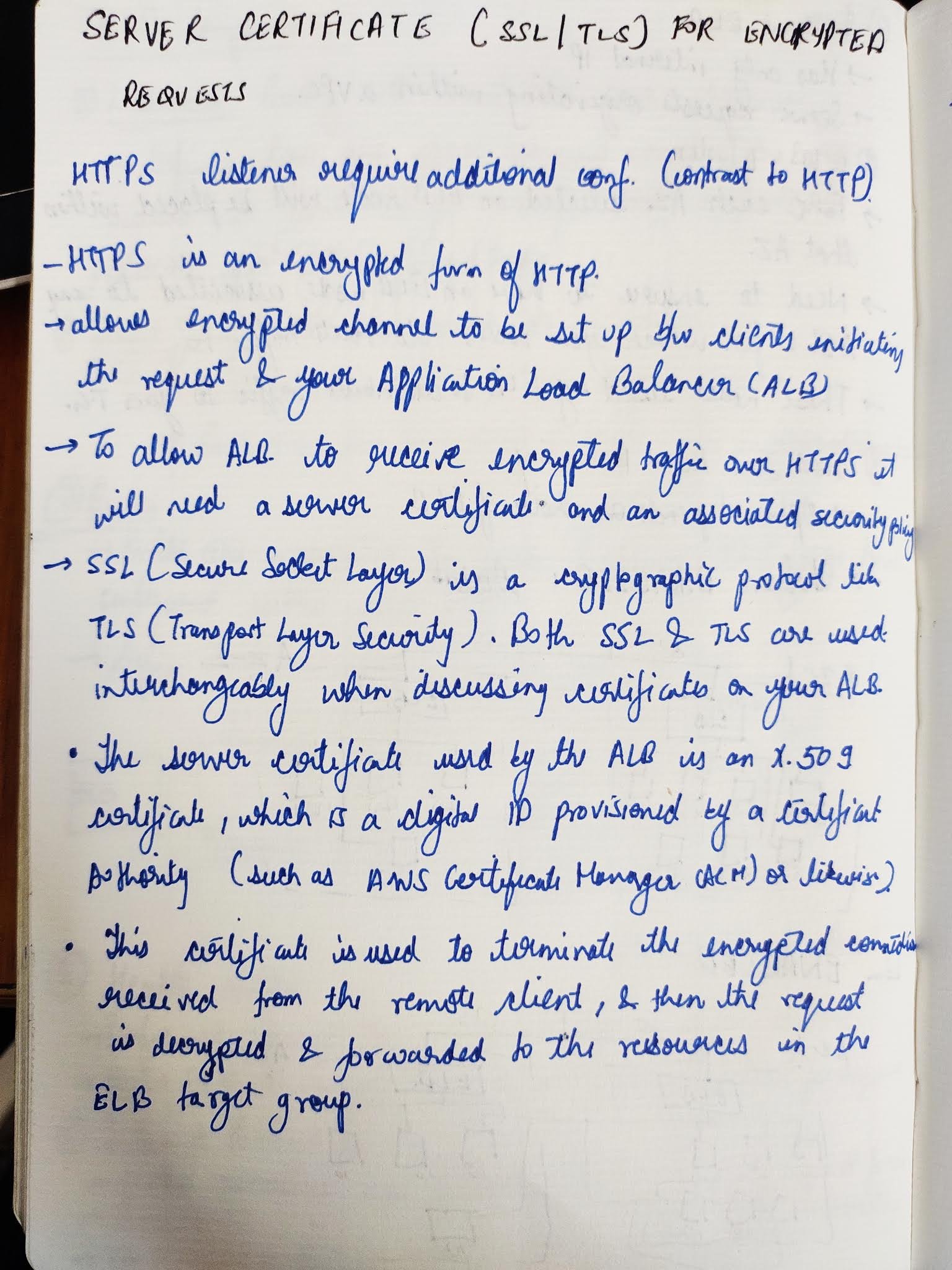Working remotely has become increasingly popular in recent years, offering individuals the freedom to work from anywhere in the world, untethered from the confines of a traditional office. As this trend continues to gain momentum, both employers and employees are recognizing the need for clear and comprehensive remote work contracts. These contracts serve as a vital tool in establishing expectations, responsibilities, and boundaries for remote workers, ensuring a harmonious and productive working relationship. If you’re ready to embark on the remote work journey, this step-by-step guide will walk you through the process of creating a remote work contract that covers all the essential aspects, providing you with the peace of mind and structure necessary for a successful remote work arrangement. So, let’s dive in and discover how to craft a remote work contract that sets the stage for a fruitful and fulfilling remote work experience.
Table of Contents
- Understanding the Importance of a Remote Work Contract
- Key Elements to Include in a Remote Work Contract
- Guidelines for Drafting a Comprehensive Remote Work Contract
- Ensuring Compliance and Legal Protection in a Remote Work Contract
- Best Practices for Reviewing and Revising a Remote Work Contract
- Q&A
- In Conclusion

Understanding the Importance of a Remote Work Contract
When it comes to remote work, having a solid contract in place is crucial for both employers and employees. A remote work contract serves as a legal agreement that outlines the terms and conditions of the remote work arrangement, ensuring clarity and protection for all parties involved.
One of the key reasons why a remote work contract is important is that it helps establish clear expectations. By clearly defining the scope of work, deadlines, and deliverables, both employers and employees can have a shared understanding of what is expected from each other. This helps to minimize misunderstandings and conflicts that may arise due to miscommunication.
Additionally, a remote work contract provides a sense of security and protection for both parties. It can include clauses related to confidentiality, intellectual property rights, and non-compete agreements, ensuring that sensitive information remains confidential and that the employer’s interests are safeguarded. This helps to build trust and confidence between employers and employees, fostering a positive working relationship.
Overall, a remote work contract is an essential tool for establishing a solid foundation for remote work arrangements. It helps to set clear expectations, protect the interests of both parties, and promote a harmonious working relationship. By having a well-drafted remote work contract in place, employers and employees can navigate the world of remote work with confidence and peace of mind.

Key Elements to Include in a Remote Work Contract
When it comes to remote work, having a well-drafted contract is essential to ensure a smooth and productive working relationship between employers and employees. Here are some key elements that should be included in a remote work contract:
- Scope of Work: Clearly define the tasks and responsibilities of the remote worker. This includes specifying the expected deliverables, deadlines, and any specific requirements for the job.
- Working Hours and Availability: Outline the agreed-upon working hours and the expectations for availability. This helps establish boundaries and ensures that both parties are on the same page regarding when the remote worker should be accessible.
- Compensation and Payment Terms: Clearly state the agreed-upon compensation, whether it is an hourly rate, salary, or project-based payment. Additionally, include details about how and when the remote worker will be paid, such as through direct deposit or a specific payment schedule.
- Confidentiality and Data Security: Address the importance of maintaining confidentiality and protecting sensitive information. Specify any non-disclosure agreements or security measures that the remote worker must adhere to in order to safeguard company data.
- Termination and Dispute Resolution: Include provisions for terminating the contract, such as notice periods or conditions for termination. Additionally, outline the process for resolving any disputes that may arise during the course of the remote work arrangement.
By including these key elements in a remote work contract, both employers and employees can establish clear expectations, protect their interests, and foster a successful remote working relationship.

Guidelines for Drafting a Comprehensive Remote Work Contract
When it comes to remote work, having a well-drafted contract is essential to ensure a smooth and productive working relationship between employers and employees. Here are some guidelines to consider when drafting a comprehensive remote work contract:
- Clearly define the scope of work: Start by outlining the specific tasks and responsibilities expected from the remote worker. This will help both parties have a clear understanding of the work to be performed.
- Establish communication protocols: Remote work often requires effective communication. Specify the preferred communication channels, response times, and any regular check-ins or meetings to maintain collaboration and accountability.
- Set working hours and availability: Remote work offers flexibility, but it’s important to establish the expected working hours and availability. Clearly define if there are any specific time zones to adhere to or if there is flexibility in scheduling.
- Address equipment and technology: Determine who will provide the necessary equipment and software for the remote worker. Specify any security measures or protocols that need to be followed to protect sensitive information.
- Include confidentiality and data protection clauses: Remote work often involves access to confidential information. Ensure that the contract includes clauses that protect the employer’s proprietary information and data security.
- Outline performance evaluation and termination: Clearly state the performance evaluation criteria and the process for addressing any performance issues. Additionally, include termination clauses that outline the conditions under which either party can terminate the contract.
By following these guidelines, employers can draft a comprehensive remote work contract that sets clear expectations, promotes effective communication, and protects the interests of both parties involved.
Ensuring Compliance and Legal Protection in a Remote Work Contract
When it comes to remote work contracts, ensuring compliance and legal protection is of utmost importance. To safeguard both parties involved, it is crucial to include specific clauses and provisions that address potential legal issues that may arise in a remote work arrangement.
1. Clear expectations: Clearly outline the scope of work, deadlines, and deliverables to avoid any misunderstandings. This will help establish a solid foundation for the remote work contract.
2. Confidentiality and data protection: In a remote work setup, sensitive information may be shared electronically. It is essential to include clauses that protect the confidentiality of such information and outline the measures to be taken to ensure data security.
3. Intellectual property rights: Specify the ownership of intellectual property created during the course of the remote work contract. This will help avoid any disputes regarding the rights to use, modify, or distribute the work.
4. Dispute resolution: Include a clause that outlines the process for resolving any disputes that may arise during the remote work contract. This can include mediation, arbitration, or litigation, depending on the preferences of both parties.
5. Termination and non-compete: Clearly define the conditions under which either party can terminate the remote work contract. Additionally, consider including a non-compete clause to prevent the remote worker from engaging in similar work with competitors for a specified period after the contract ends.
By incorporating these elements into a remote work contract, both parties can ensure compliance with legal requirements and protect their rights and interests throughout the duration of the agreement.
Best Practices for Reviewing and Revising a Remote Work Contract
When it comes to remote work contracts, it’s crucial to ensure that all parties involved are on the same page and protected. Here are some best practices to consider when reviewing and revising a remote work contract:
- Thoroughly review the scope of work: Carefully examine the contract to ensure that the scope of work is clearly defined. This includes outlining specific tasks, deliverables, and deadlines. It’s important to have a comprehensive understanding of what is expected from both the employer and the remote worker.
- Clarify communication channels: Establishing effective communication channels is vital for successful remote work. Clearly state the preferred methods of communication, whether it’s through email, video conferencing, or project management tools. This will help avoid any miscommunication or delays in the workflow.
- Include provisions for data security: Remote work often involves handling sensitive information. Ensure that the contract includes provisions for data security, such as encryption protocols and confidentiality agreements. This will help protect both the employer’s and the remote worker’s interests.
- Define performance metrics and evaluation: To maintain accountability and productivity, it’s essential to establish clear performance metrics and evaluation criteria. This can include setting specific goals, tracking progress, and conducting regular performance reviews. Clearly defining these expectations will help foster a productive remote work environment.
- Consider flexibility: Remote work offers flexibility, and it’s important to address this in the contract. Include provisions that allow for adjustments in working hours or location, as long as it doesn’t compromise the quality of work or violate any legal obligations.
By following these best practices, you can ensure that your remote work contract is comprehensive, fair, and sets the foundation for a successful working relationship between the employer and the remote worker.
Q&A
What is a remote work contract?
A remote work contract is a legally binding agreement between an employer and an employee who will be working remotely. It outlines the terms and conditions of the remote work arrangement, including expectations, responsibilities, and compensation.
Why is it important to have a remote work contract?
Having a remote work contract is crucial to establish clear expectations and protect the rights of both the employer and the employee. It helps prevent misunderstandings, ensures compliance with labor laws, and provides a framework for resolving any disputes that may arise.
What should be included in a remote work contract?
A remote work contract should include details such as the job description, working hours, communication methods, performance expectations, confidentiality agreements, compensation, and termination clauses. It should also address issues like data security, intellectual property rights, and any specific requirements related to the nature of the remote work.
How can I create a remote work contract?
To create a remote work contract, start by clearly defining the terms and conditions of the remote work arrangement. Consult with legal professionals to ensure compliance with labor laws and include all necessary clauses. Customize the contract to fit the specific needs of your organization and the remote work position.
What are some common mistakes to avoid when creating a remote work contract?
Some common mistakes to avoid when creating a remote work contract include failing to clearly define expectations, neglecting to address intellectual property rights, overlooking data security measures, and not including termination clauses. It is important to carefully review and revise the contract to avoid any potential legal issues.
Can a remote work contract be modified?
Yes, a remote work contract can be modified if both parties agree to the changes. It is important to document any modifications in writing and ensure that both the employer and the employee sign off on the revised contract. Regularly reviewing and updating the contract as needed is recommended.
What happens if there is a breach of the remote work contract?
If there is a breach of the remote work contract, the affected party can take legal action to seek remedies. This may include seeking damages, termination of the contract, or other appropriate actions based on the specific circumstances. It is advisable to consult with legal professionals to understand the options available in case of a breach.
In Conclusion
In a world that is rapidly embracing remote work, creating a solid contract is essential for both employers and employees. By following this step-by-step guide, you have gained the knowledge and tools to craft a remote work contract that sets clear expectations, protects both parties, and fosters a successful working relationship.
Remember, a well-crafted remote work contract is not just a piece of paper; it is a roadmap that navigates the unique challenges and opportunities of remote work. It ensures that everyone is on the same page, regardless of their physical location, and promotes a sense of trust and accountability.
As you embark on this journey of remote work, keep in mind that flexibility and adaptability are key. The world of work is evolving, and so should your contract. Regularly review and update it to reflect the changing needs and dynamics of your remote team.
By investing time and effort into creating a comprehensive remote work contract, you are laying the foundation for a productive and harmonious remote work environment. So, go ahead and put your newfound knowledge into practice, and watch as your remote team thrives, united by a contract that empowers and supports them.
Embrace the freedom and possibilities that remote work offers, armed with a well-crafted contract that ensures clarity, fairness, and success. Happy remote working!
As an affiliate, my content may feature links to products I personally use and recommend. By taking action, like subscribing or making a purchase, you’ll be supporting my work and fueling my taco cravings at the same time. Win-win, right?
Want to read more? Check out our Affiliate Disclosure page.